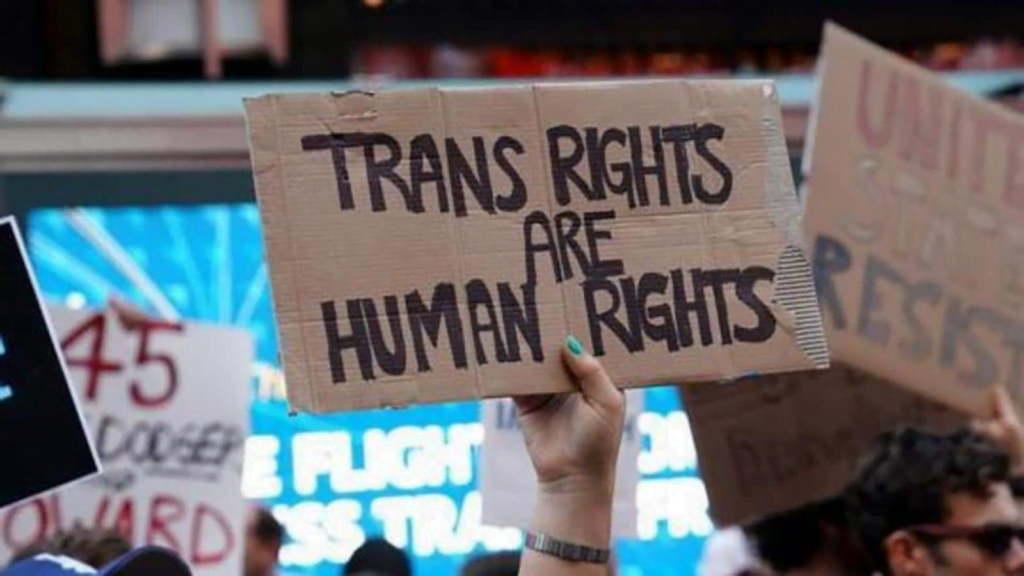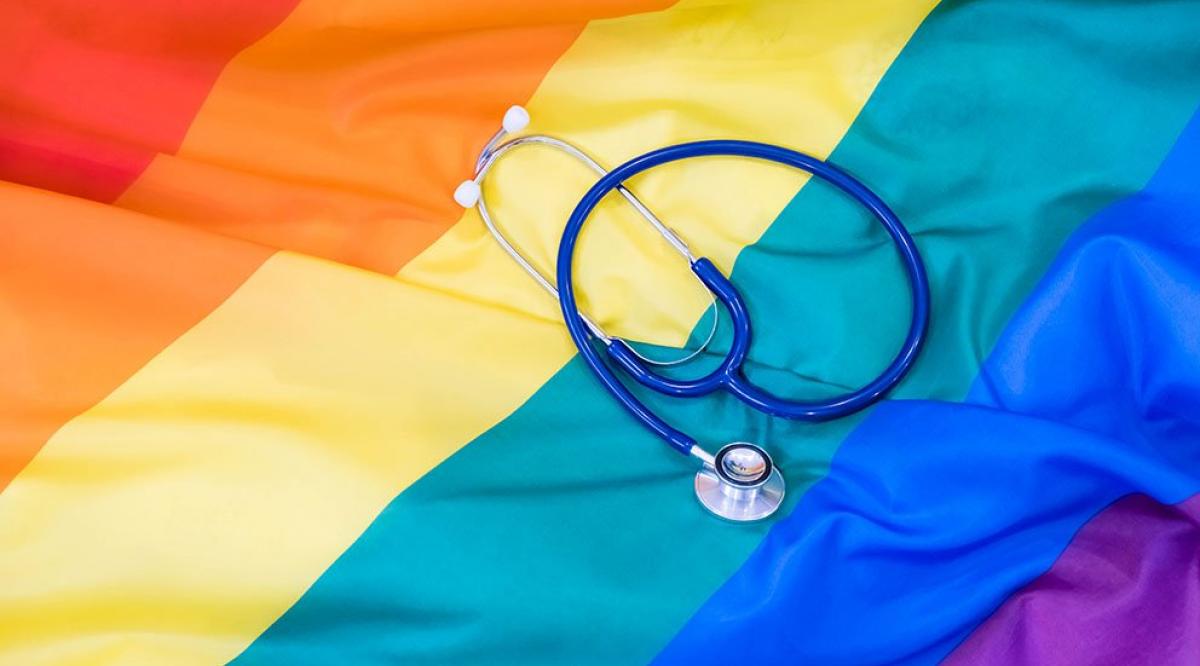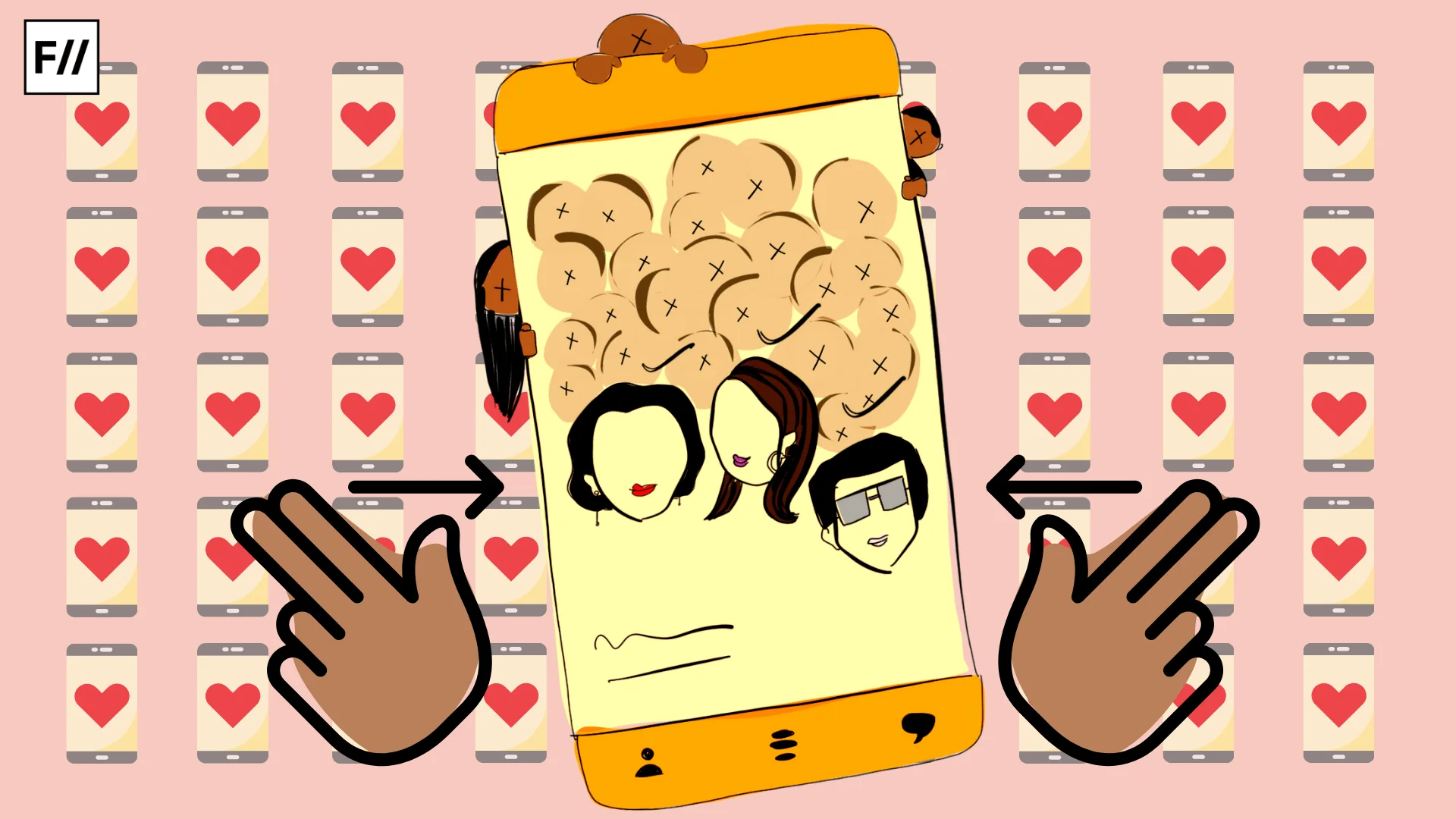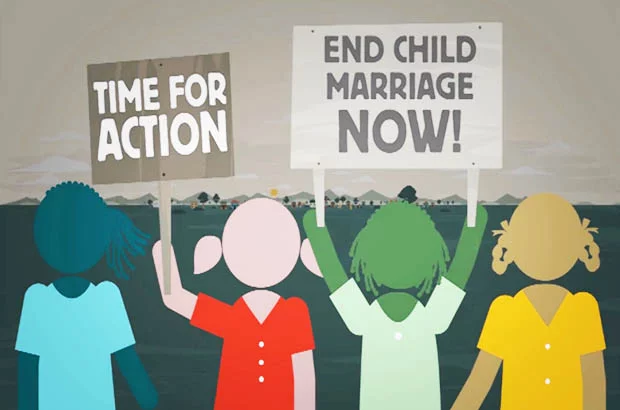2022 opened with a fresh variant of the coronavirus followed by an outbreak of monkeypox in May. The Covid pandemic saw a rapid interest in prevention and self-initiated health care. Conversations flew fast and ready about how to use an oximeter to prone position techniques. Yet, the discussion around the monkeypox virus remained hushed.
Monkeypox revealed the stigma and crisis that continues to endanger the queer community. Reports suggested that a consequential number of cases were amongst gay, bisexual and other MSM identities. UNAIDS mentioned that the transmission was most likely via close contact. It could infect anyone.
A case study from Mumbai, India, revealed that people were going “underground” to flee the possibility of testing positive. The global reporting of the outbreak was both homophobic and uninformed, making it difficult to estimate and control the infection, not to forget the reinforcement of racist and homophobic narratives.
A UT-Dallas computer science professor, Timothy Farage tweeted in the wake of the monkeypox virus, “Can we at least try to find a cure for homosexuality, especially among men?”. Such heteronormative micro-aggressions make marginalised communities shrink away. The health of the queer community was at stake as they were the most vulnerable to this infection.

Monkeypox is not an uncommon example of the stigmatising rhetoric that has always driven away marginalised communities from health care. Providers lack sensitisation and education about gender and sexual identities, and their unique needs. This makes the LGBTQIA+ community in need of alternative healthcare interventions and facilities, especially systems led by the community and its peers not only for financial and accessibility reasons but for basic survival.
40 years after the first case of AIDS, it continues to be one of the most discussed epidemics pertaining to the queer community. In the early 2000s, both Asia and Africa continued to see a lack of information and fear resulting in delayed diagnosis and missed opportunities in treatment.
The Global Fund, established in the 2000s, reported more than a 65 per cent drop in AIDS-related deaths in the countries it had invested in, with the help of antiretroviral therapy (ART). But it was only a small battle won as more than six million people continue to live with HIV without knowing their status.
Diagnosis and safe testing practices along with preventive tools like PrEP (pre-exposure prophylaxis) and condoms are key tools in achieving the global aim of eradicating AIDS. Sri Lanka and other South Asian countries have some illustrious examples of health interventions, and reviewing their achievements and challenges can help us better design healthcare support systems for the queer community.
The universal health coverage introduced in the 1930s charted a strong history of health and aid in Sri Lanka, despite weathering conflicts. STI clinics and outreach testing services in Sri Lanka have had exemplary results.
The country has a very low-level HIV epidemic with a 0.1 percent prevalence. Sex work is illegal and stigmatised in the country, and criminalises gay, trans and MSM communities are criminalised. Despite the violence inflicted upon these communities both socially and legally, the prevalence rate of HIV in Sri Lanka is lesser than in any other South-East Asian country.
Self-testing led by the Family Planning Association of Sri Lanka ( FPASL)
FPA, a member association of the International Planned Parenthood Federation, South Asia Region, has been working on key population intervention under the national framework, since 1984. Their work mainly addresses the prevention, diagnosis, and treatment of STI and HIV, along with strategic information management and analysis.

The 1984 – HIV prevention programs through educational programs, the 2002 – Implemented Condom Social Marketing Campaign (island-wide condom distribution) and project by World Bank/MOH, the 2006 – Implemented the External Migrant HIV Prevention project, the 2016 – HIV saliva-based testing pilot project, the 2018 – Community-based testing in Colombo, National Transgender Network and KP (key population) led organisations, and the 2019 – weekend KP clinics, as well as night/hotspot based clinics, have all contributed to addressing the issue more comprehensively.
The government-launched self-testing is rolled out as assisted HIV Self Testing to help link clients to the treatment. Sunday PrEP clinics are organised to identify and link clients to the government for PrEP. FPA led online (through SM, online groups, WA, and Dating sites) and all outreach during covid to find clients and provide required HIV services and link them to clinics as soon as they were open.
They also conducted covid testing during the covid period. FPA’s basic service package includes free condoms, awareness of HIV and STI, and STD clinic/mobile clinics. They facilitate ART services for PLHIV members from District STD clinics. They have reached out to over 3500+ MSM clients, 4600+ FSW clients, and 770+ IDU clients.
Self-testing Case Study in Laos: The LINKAGES introduced a community-based HIV testing model with the oral testing tool OraQuick. Within 3 months 789 individuals from MSM and transgender communities were tested, with 16 participants testing reactive or invalid. 5 out of the 16 went to confirmatory tests and subsequent care
PrEP in Sri Lanka led by FPASL
According to the Family Planning Association (FPA) of Sri Lanka, PrEP has been made available across the country from October 2020, as implemented by National STD and AIDS Control Program. PrEP, a globally successful preventive medicine, plays a crucial role in resisting new infections.
PrEP along with sustained condom usage can help realise the dream of AIDS eradication. Targeted key-population action, a Global Fund strategy, has identified Colombo as one of the current epicentres of HIV infection. PrEP interventions are primarily conducted by the NSACP in Colombo with the help of Sunday clinics at Colombo, for easy access. Based o on the success of the project, PrEP services have been expanded to the key populations in Ragama, Kurunegala, and Anuradhapura. Jaffna and Hambanthota.
The problems in roll-outs challenge prEP effectiveness. The government finds it difficult to finance PrEP due to high investment, stigma and discrimination attached to PrEP. Also, the lack of information about the effectiveness of PrEP amongst communities makes it difficult to generate demand.
The national program outreach effort is collaborating with Sustainability of HIV Services for Key Populations in Asia (SKPA) with the hope of supporting peer educators, community leaders and supporters and increasing PrEP demand. SKPA supports community-led demand generation strategies for PrEP in close collaboration with civil society organisations at the NSACP.
Respondents at the H2H Community PrEP clinic reflected the power of community-led information dissemination. When asked why they chose to come to the clinic the majority indicated the outreach workers provided information and guidance, while a few said they were directed by a friend. Once a primary demand and awareness are generated, this model can be sustained through the community’s internal knowledge rotation.
Condom usage stigma: In 2017 with one hack Indian government banned the broadcasting of condom ads between 6 AM to 10 PM, on the grounds of indecency. Whereas in 2014 Venezuela was weathering the counterfeit condom crisis. Low-quality condoms have been a problem across South Asia as condom prices and stigma on usage keep conflicting with the need for safety
SKPA’s work for the Trans community
Trans community health faces multi-faceted problems like awareness and accessibility along with expense. Lack of acceptance and awareness in society, including lack of sensitisation of healthcare providers, makes it difficult for the community to receive necessary and timely service.
Gender recognition certificates, issued as Gender Circulars in 2016 by the Ministry of Health, and the provision to change documentation were empowering for trans individuals. There are challenges in the process but it is definitely an affirming step.
But trans-specific health care continues to lack sensitivity and education. Cisgender healthcare is still a priority. Institutionalised stigma and preconceived notions drive the healthcare system. There is an urgent need for inclusivity in healthcare centres. Trans people when introduced along with the general public in a space, they are immediately identified as the “other”, and the service is subpar.
SKPA is currently implementing a trans health centre by the community itself to remedy this problem. To create a space where they feel welcome and safe. The trans community needs healthcare that focuses on the people seeking treatment – not their gender and sexuality. They need security, comfort, hygiene and confidentiality, but above all else, they need sole focus on the person’s healthcare requirements. SKPA’s work focuses on sustainable solutions and structural changes.
Without communities empowered, service structures will slow down or dwindle and prove ineffective. Community-led health response, like HIV, helps ensure the sustainability of the approach. People who face the violence of the normative society can actually facilitate required communication and intervention as they understand the problem and the need to keep working against it.
“For most transgender persons, their lives and their future depends on this healthcare system…if we could build a comprehensive trans healthcare system we could improve their lives in an enormous way,” says Bhoomi Harendran, Executive Director, National Transgender Network, Sri Lanka

Sri Lanka’s National Transgender Network is collaborating with SKPA, funded by Global Funds and implemented by the Family Planning Association of Sri Lanka and NSACP to end HIV, focusing on transgender communities. 46 per cent transwomen have not accessed HIV services due to stigma/discrimination.
Without breaking the stigma around the trans community, it is very difficult to communicate or propagate sexual health information. To be able to effectively provide HIV services it is important to understand the social plight the community faces. Hence, a peer becomes key as their empathy stems from experience.
The Jaffna program, funded by the Government of Sri Lanka, is directly linked with STI clinics. The program recruits peers or people from the community – designing a system where the community works for their own community. SKPA considers the trans community a key population to eradicate HIV, as is the target for 2030. Their work is to help provide preventative health care against HIV devoid of stigma and discrimination.
Digital solutions for information and service
NSACP in collaboration with USAID-funded LINKAGES is helping governments and organizations to work with key populations at risk of HIV to plan and implement HIV prevention and care services. The online world has provided space for many queer individuals to seek partners and community support.
The government’s online efforts include launching the website Know4Sure.lk. KNOW4SURE is an online platform that is aiding in providing the necessary services and linkages for this online community. In brief, it is an online risk assessment and appointment booking platform.
This service became of special importance during the covid period as a large population migrated online. KNOW4SURE provides convenient means to make reservations for HIV testing services with the NSACP and offers preferred private practitioners for rapid HIV screening tests.
They also promise data security, anonymity, and privacy. They have a short questionnaire or quiz that helps the taker learn about their risk of contracting HIV or other sexually transmitted infections. It then helps to locate and plan a visit to a clinic – from free government clinics to chargeable private facilities. The risk assessment and online service provision facilitate both information or education and the security of anonymity.
Thailand’s key population-led health services (KPLHS) successfully conducted need-based services that were demand-driven and client-centered – ranging from self-testing to PrEP to HIV care linkage, during the covid crisis. Teleconsultations, express delivery systems, and counseling made Thailand a hallmark model of an effective healthcare intervention
With a 3.5 billion sexually active population, Asia plays a major role in the future that UNAIDS plans – a world free of AIDS by 2030. Self-initiated processes, self-testing and auxiliary interventions will be some of the most effective tools in both fighting social stigma and lessening the burden on the healthcare system.
Awareness programs are not new in South Asian countries yet in places like India, a fourth of People Living with HIV (PLHIV) are yet to know their status and less than half of the PLHIV are yet to be connected to ART centers. WHO reports estimate that only 75 percent of affected people are aware of their HIV status in Asia and the Pacific.
From diagnosis to testing to treatment, the queer community is at risk of not being able to access the needed service. The primary healthcare system continues to be queerphobic as they lack both empathy and the information needed to guide their clients. The confidentiality, convenience and safety of community-led systems give people a chance to check their health status, away from the stigma and shame.
There are many examples within the South Asian region where small to large-scale projects have successfully modelled community-led interventions. It is important for us to make use of this information and experience and roll out necessary policies for a safer and more affordable health care system for the queer community.
Criminalisation, institutionalised discrimination and social stigma faced by the LGBTQIA+ make healthcare interventions on community and individual levels of utmost urgency.
Selfcare is healthcare and when it comes to abortion it needs to be done under proper guidance. Therefore in the light of International Safe Abortion Day, join IPPF in a webinar about access to safe abortion. Click on the link here.
Editor’s note: This article is part of a collaboration with IPPF, SAR.
About the author(s)
She/they is an editor and illustrator from the suburbs of Bengal. A student of literature and cinema, Sohini primarily looks at the world through the political lens of gender. They uprooted herself from their hometown to work for a livelihood, but has always returned to her roots for their most honest and intimate expressions. She finds it difficult to locate themself in the heteronormative matrix and self-admittedly continues to hang in limbo




